.webp)
© History Oasis
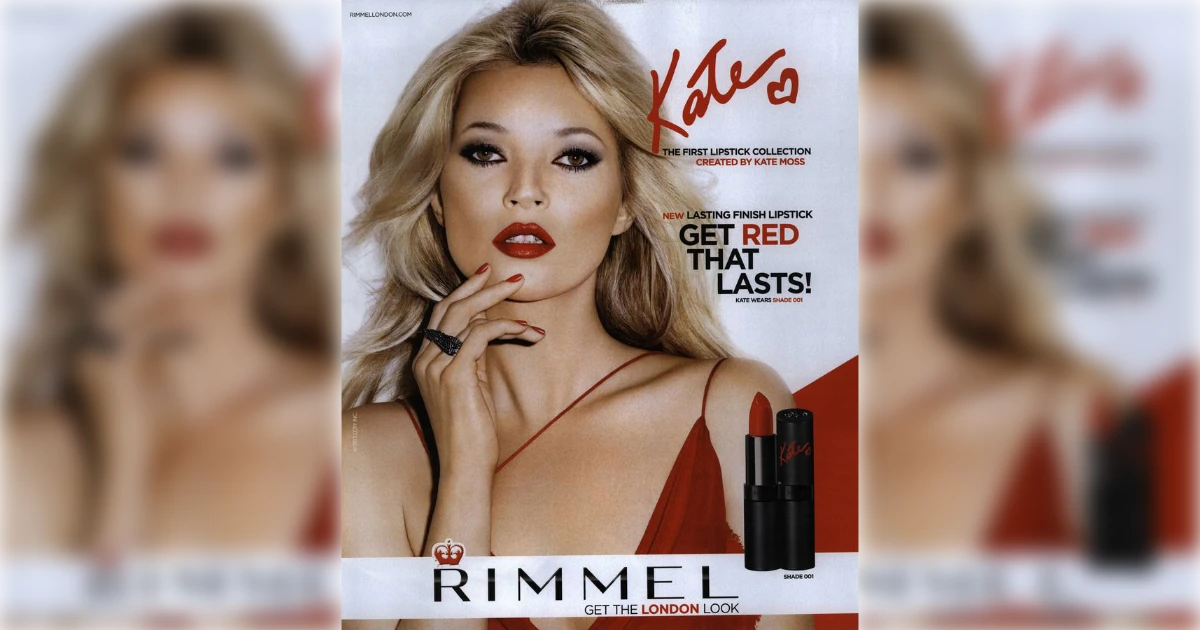
2012
Rimmel London captured British street style with this slogan. London’s edgy makeup culture needed a voice for global markets. The slogan promised rebellion, not perfection.

1991-2015, revived 2024
This became the most recognized Maybelline slogan in 150 years. CBS Outdoor proved its staying power. But Maybelline dropped it in 2015, then brought it back with a TikTok twist. Today, the phrase commands 84% of the brand’s ad copy.
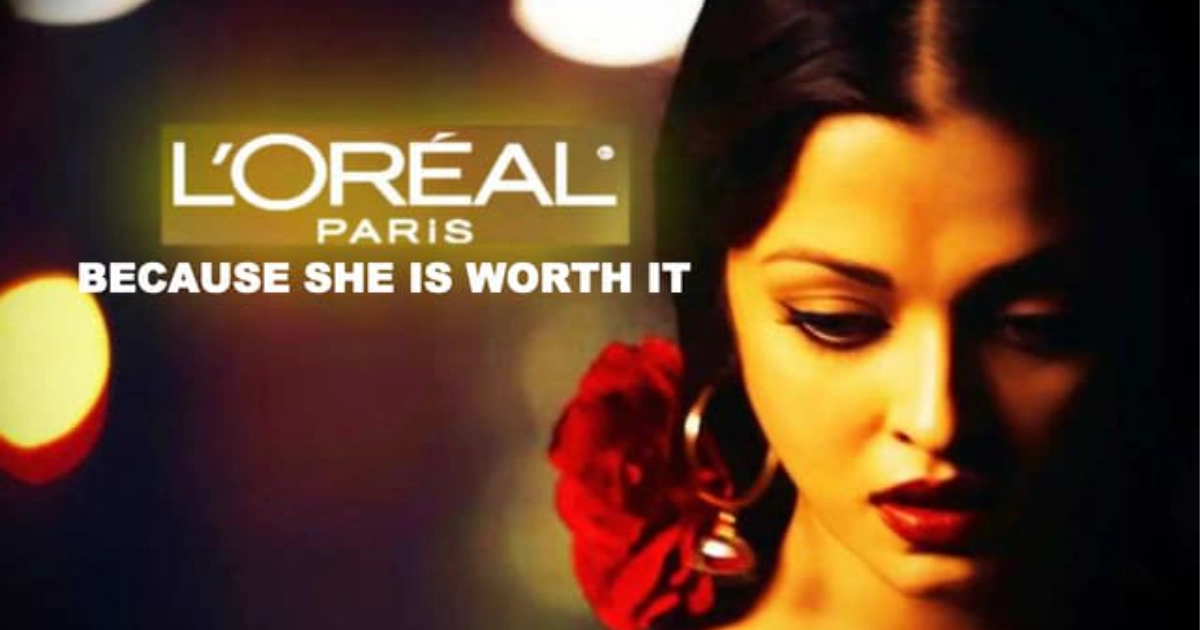
1971-1990s
Twenty-three-year-old copywriter Ilon Specht wrote this slogan at the McCann agency. She created the first beauty ad that celebrated women. Whereas former makeup slogans sought male approval. The slogan flipped beauty marketing on its head. And it’s been iconic ever since.
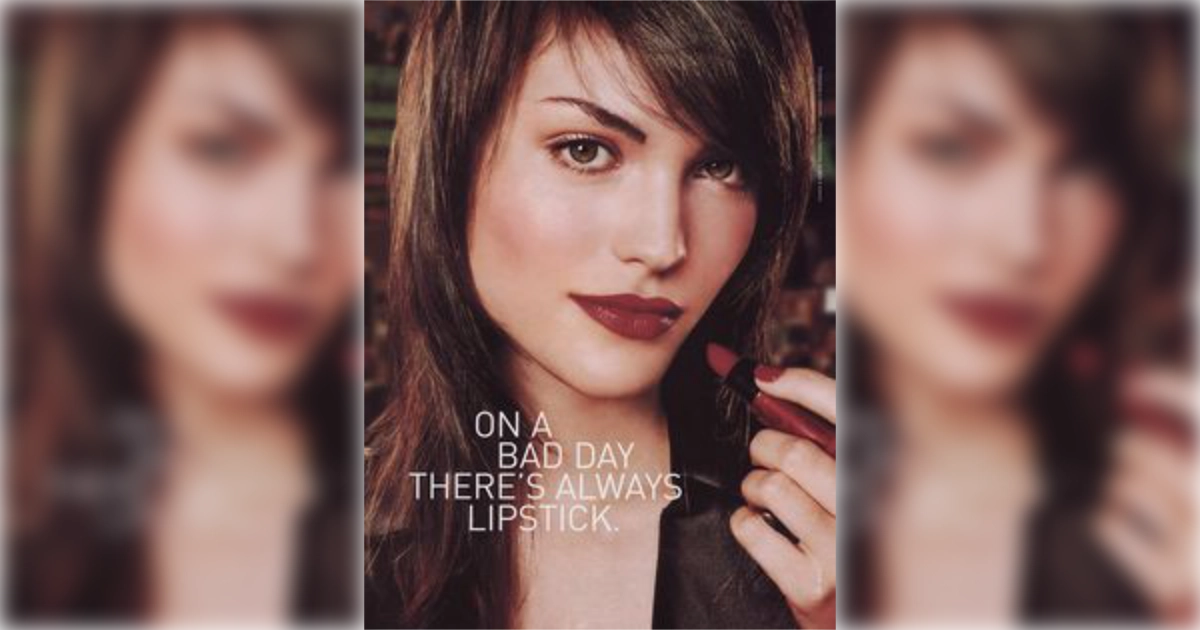
2001
Revlon understood makeup’s emotional power. So they came up with this slogan that positioned lipstick as instant confidence. The phrase spoke to women’s real experiences, not fantasy.

1990s-2010s
CoverGirl promised effortless beauty for every American girl. The alliteration made it memorable. The message made it believable.
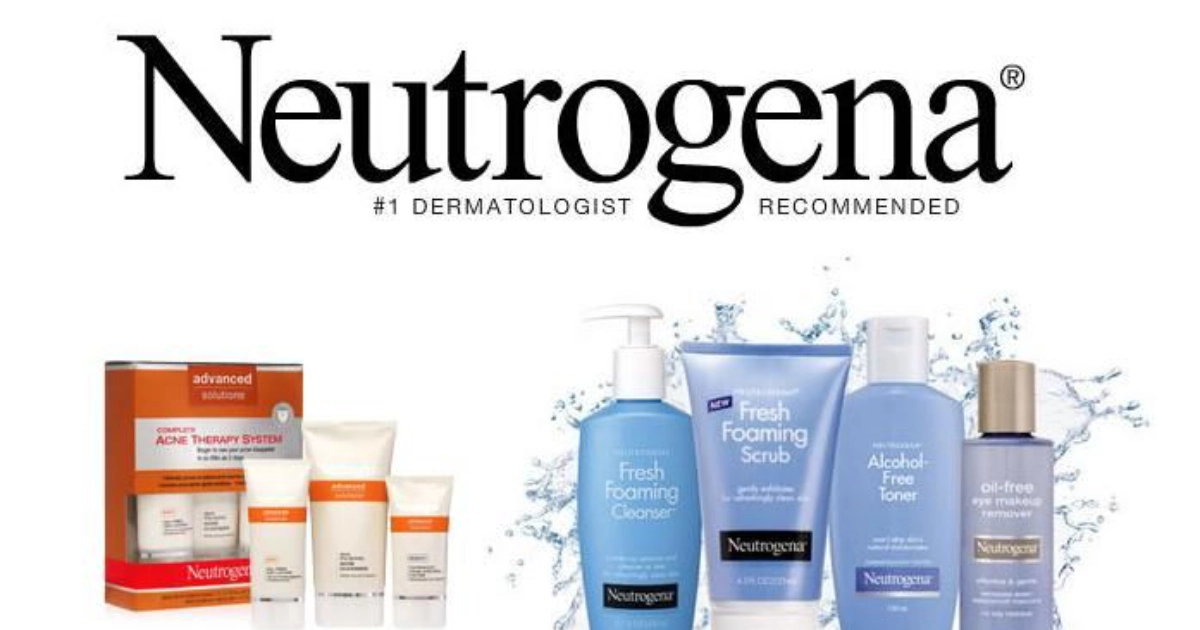
2007
Clinique brought medical credibility to cosmetics. This slogan transformed makeup from vanity to skincare. Science became beauty’s new selling point. Other brands would later follow the lead.
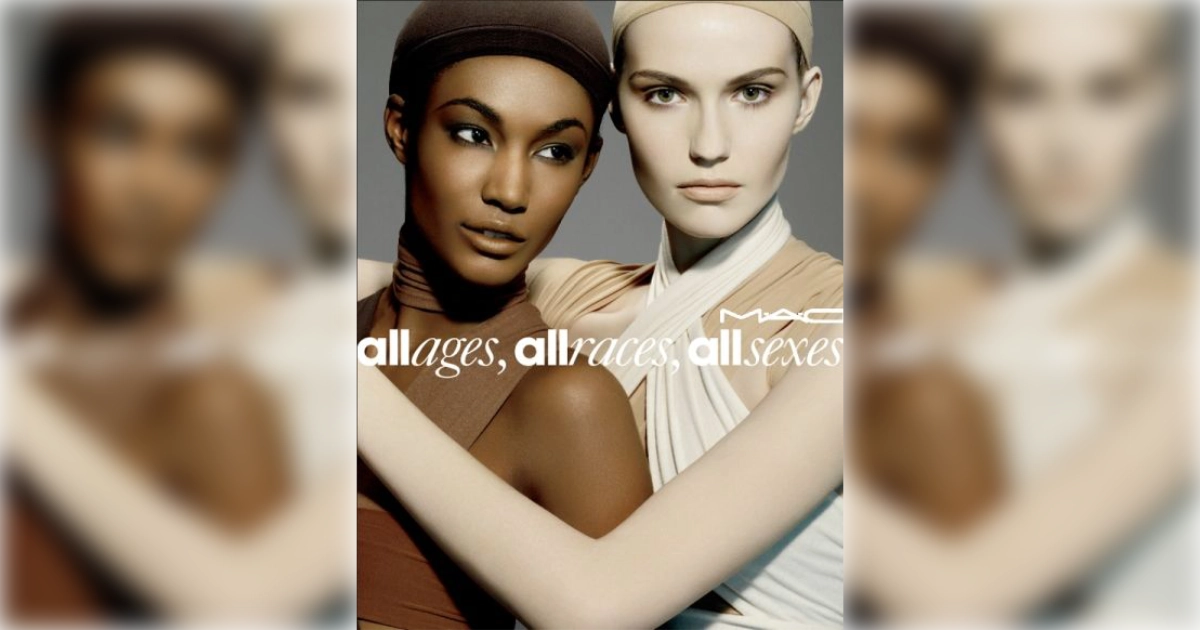
1990s-present
MAC pioneered inclusivity decades before other brands were doing it. This slogan wanted people to know that MAC supported LGBTQ+ rights during the AIDS crisis. This positioning built MAC’s street credibility. It also challenged industry norms.
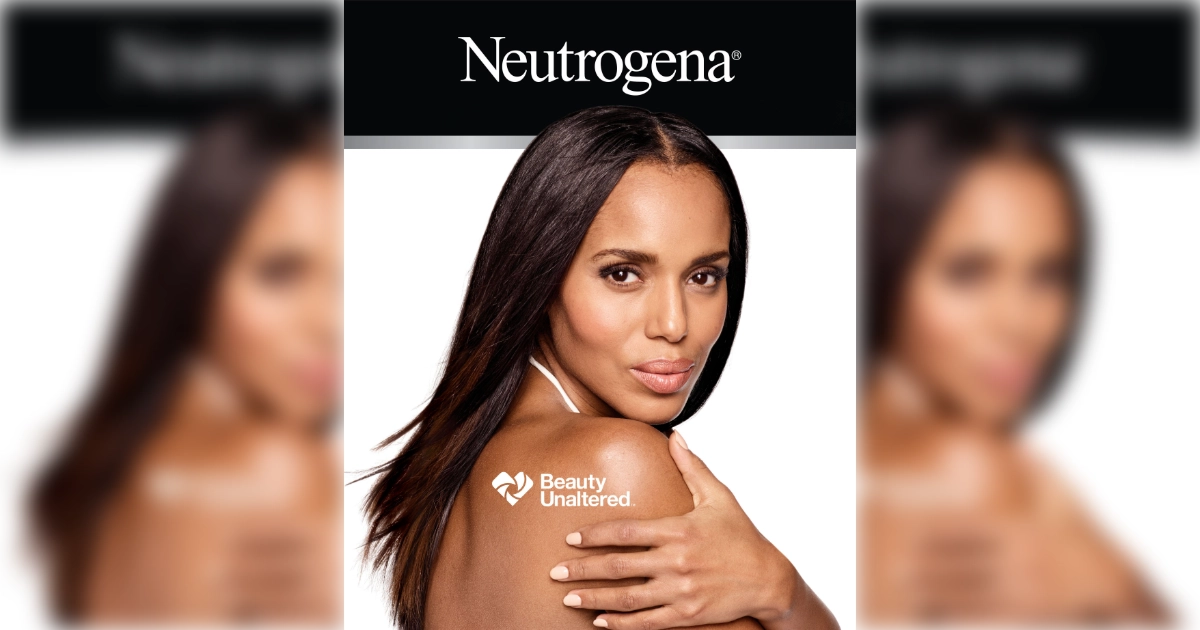
1980
Neutrogena expanded beyond soap with a simple announcement that also happened to be their newest slogan. The phrase helped transition a niche skincare brand into a comprehensive beauty company.
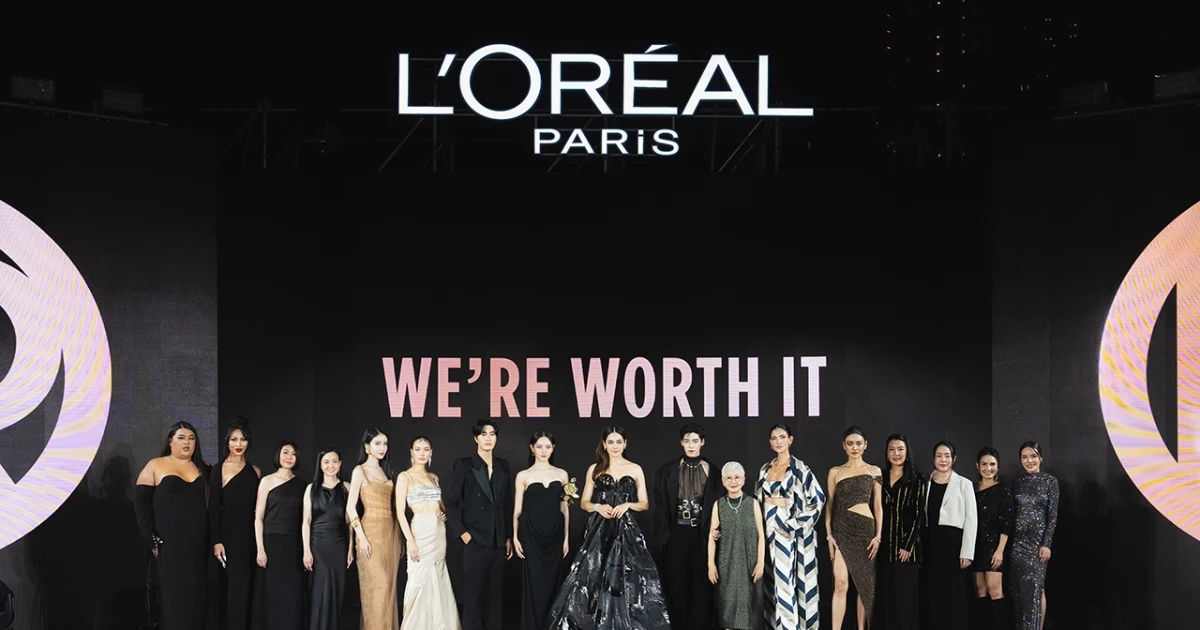
2009, brief period
L’Oréal briefly tried collective empowerment with its newest campaign in 2009. But the company quickly returned to individual focus. In marketing, sometimes the original slogan works best.
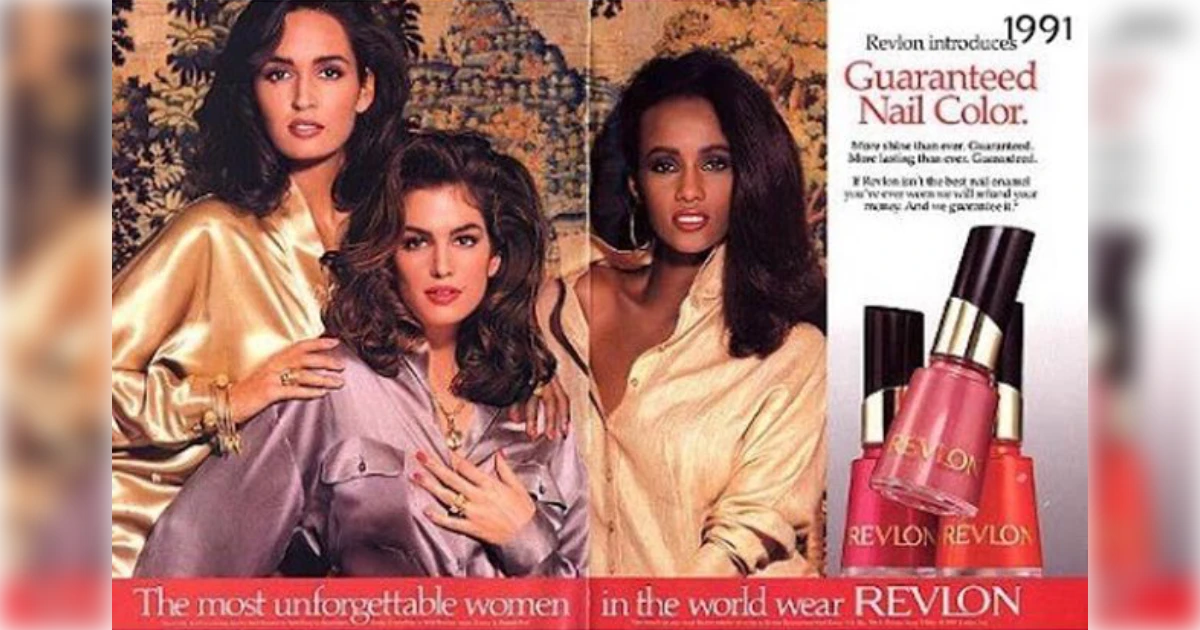
1993
Revlon targeted memorable women during the 1990s beauty boom. The slogan promised lasting impressions, not temporary fixes.
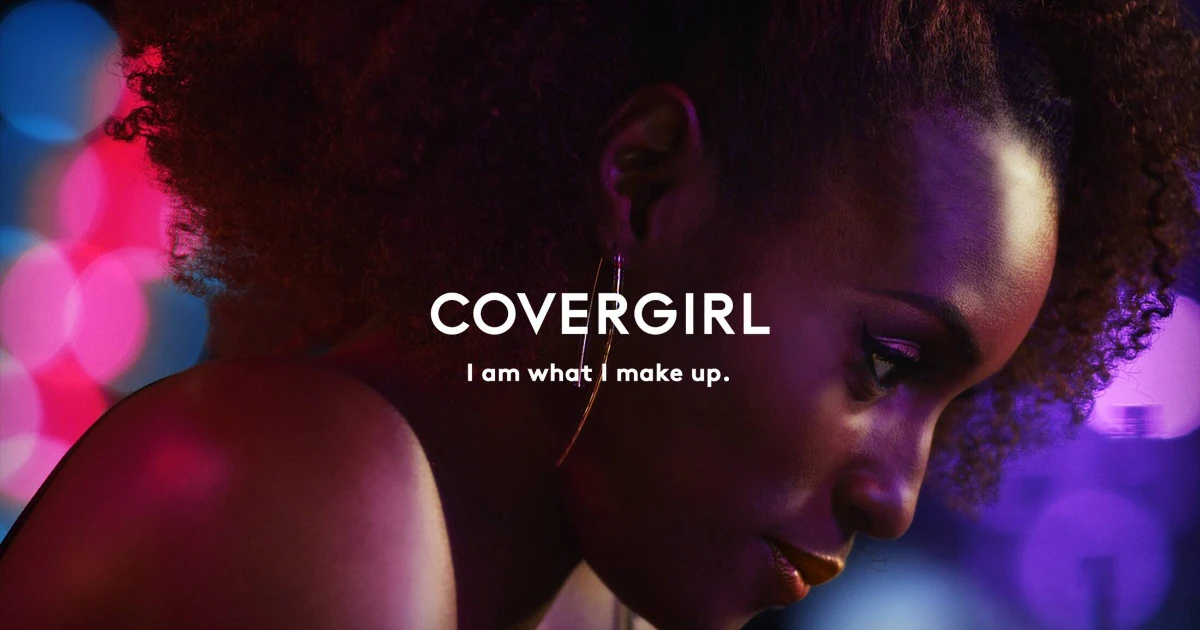
2010s-present
CoverGirl’s current campaign has shifted to self-expression. The campaign featured Katy Perry and 70-year-old model Maye Musk. This approach reached 4.1 billion impressions by embracing diversity.
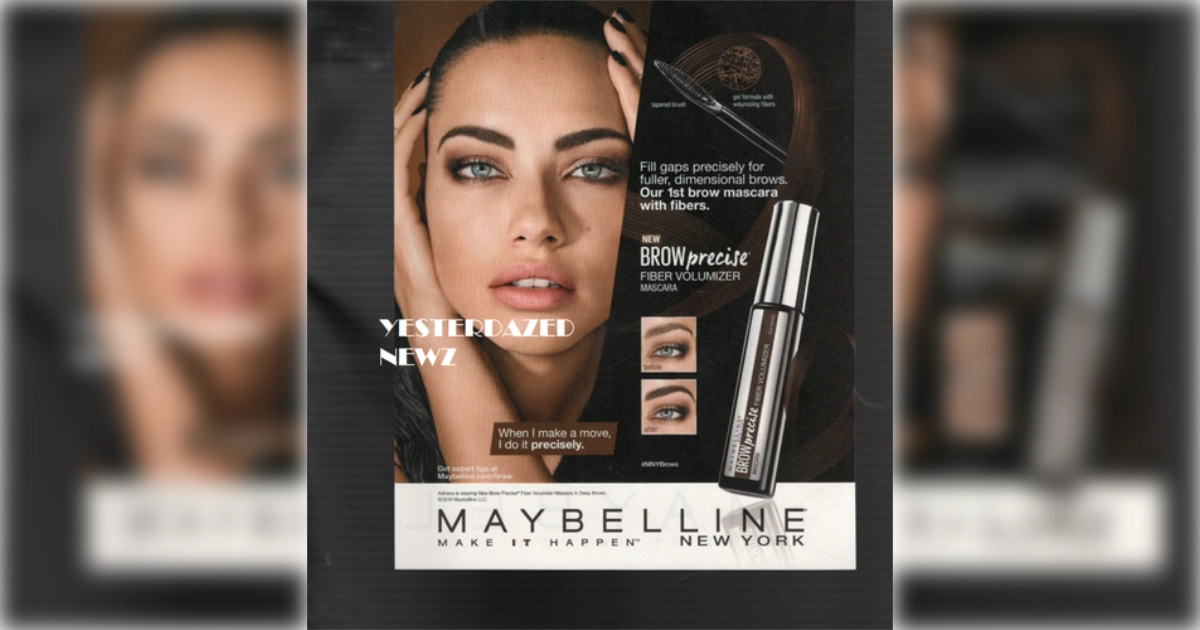
2015-2024
Maybelline replaced their iconic slogan with more action-oriented language. They used this for nine years before returning to their original tagline. Some classics cannot be improved.
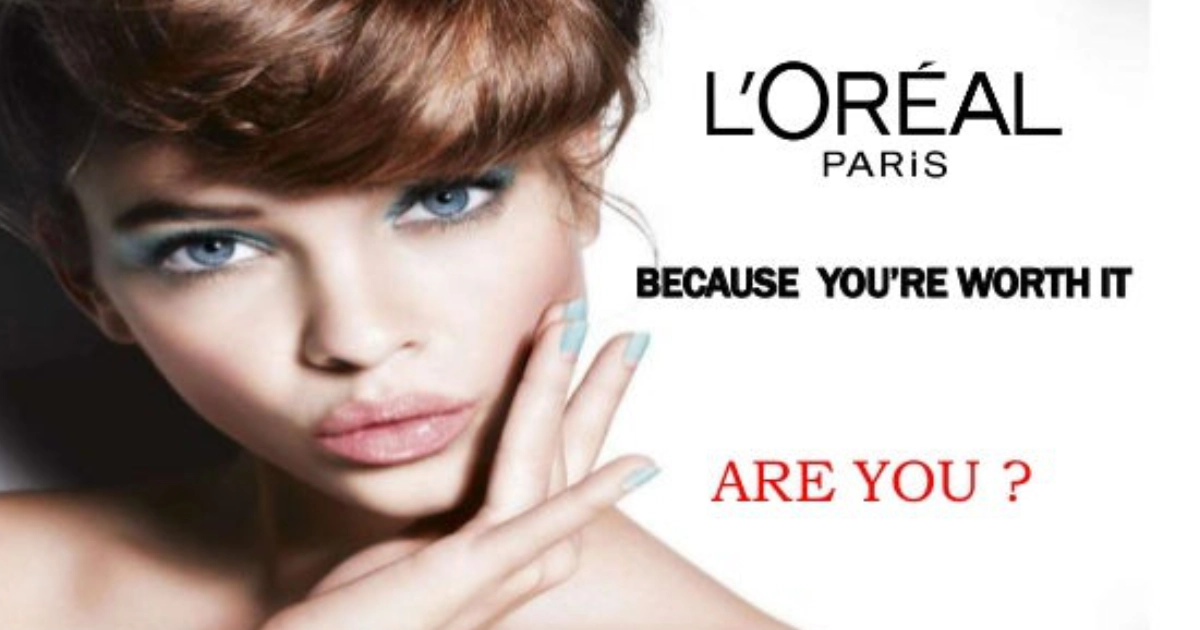
1990s-2009
In the 1990s, L’Oréal shifted from first person to second person for broader appeal. The self-worth message remained while speaking directly to consumers.
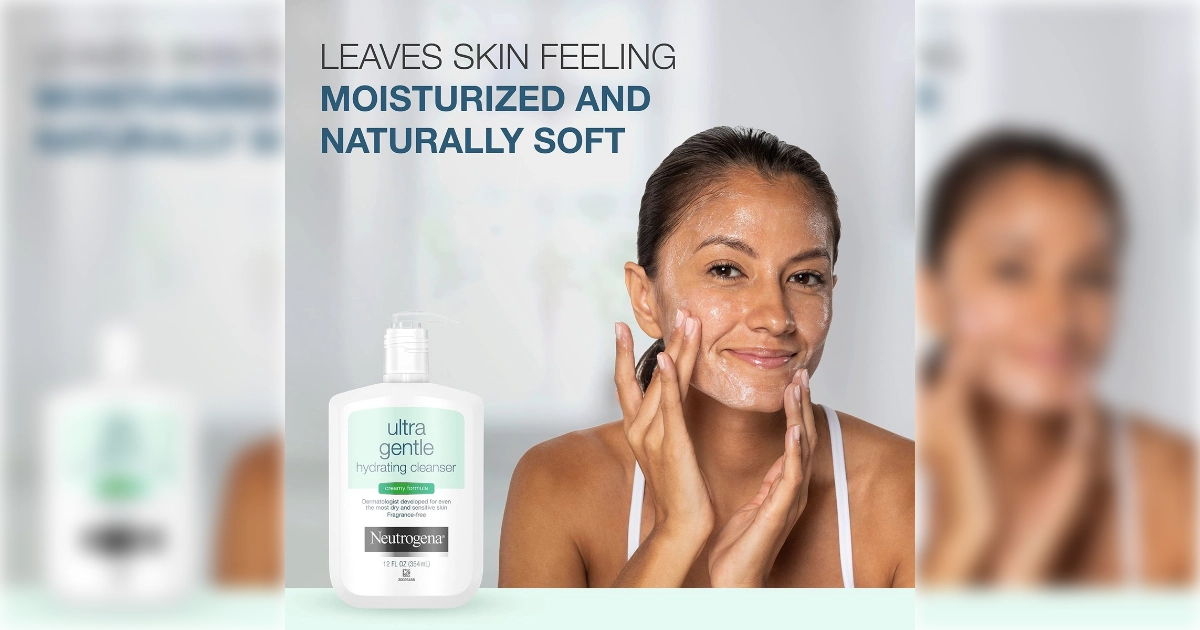
1980s
Neutrogena built dermatological authority with this positioning. The slogan helped transition specialty soap to a trusted skincare brand that we all recognize today.
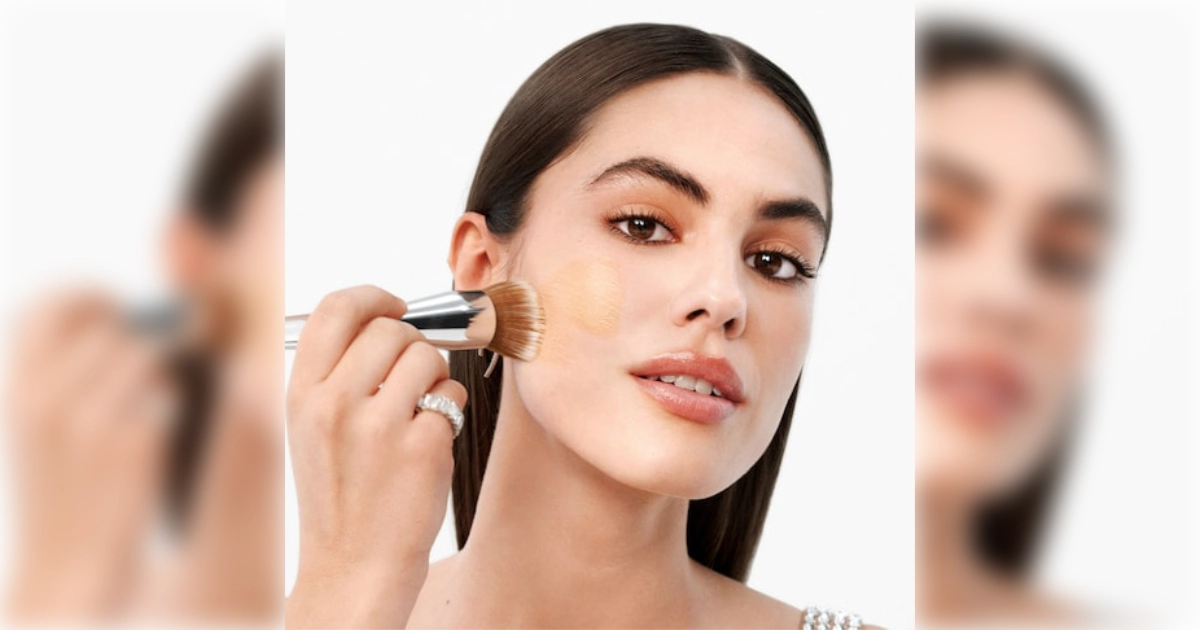
2013
Clinique refined their medical approach with specific product claims. The slogan positioned makeup as beneficial, not harmful.
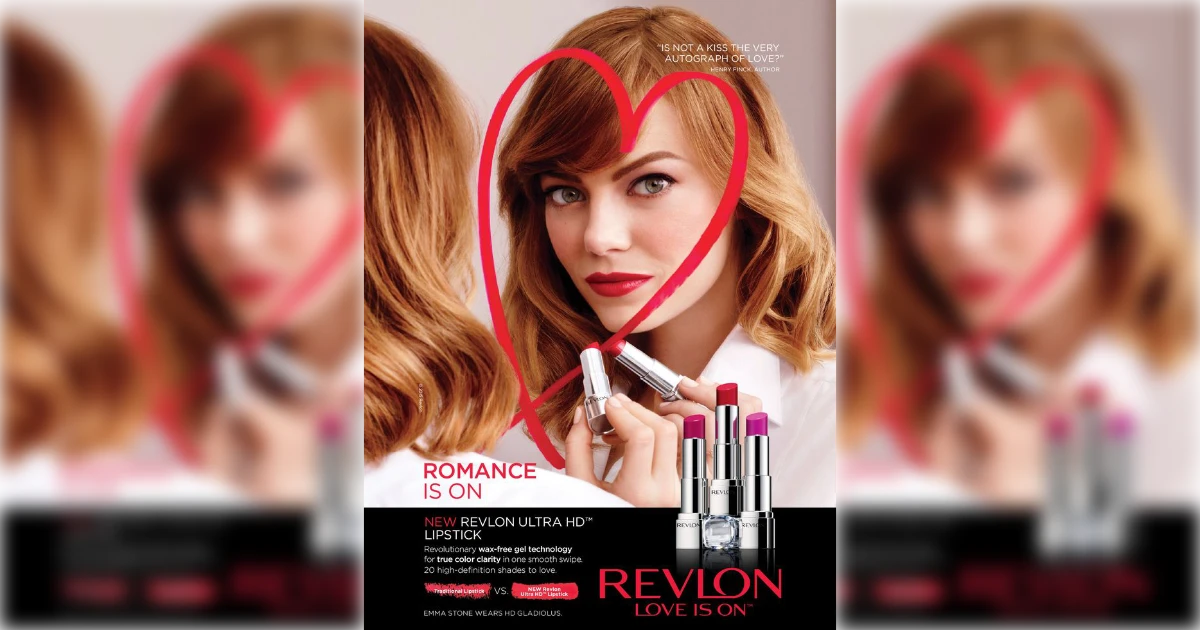
1956
Revlon’s original positioning established luxury credentials. This 1950s slogan built a premium reputation decades before their unforgettable women campaign.
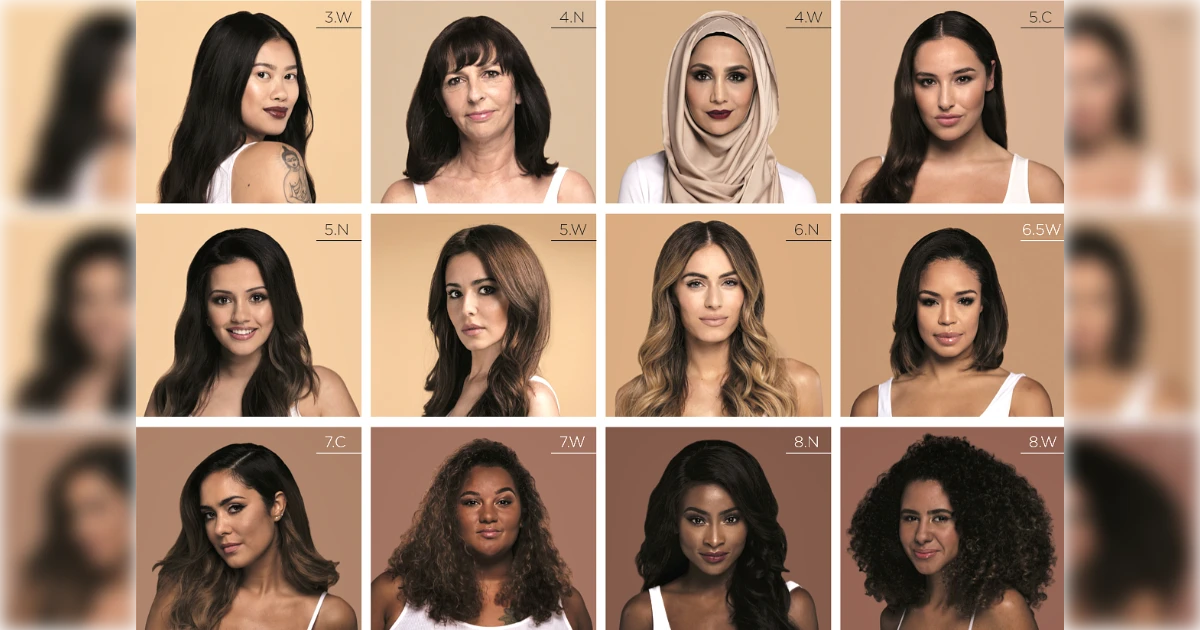
2023-present
Most recently, L’Oréal updated their famous tagline to include men using makeup. The evolution reflects changing beauty standards while keeping the core self-worth message intact.